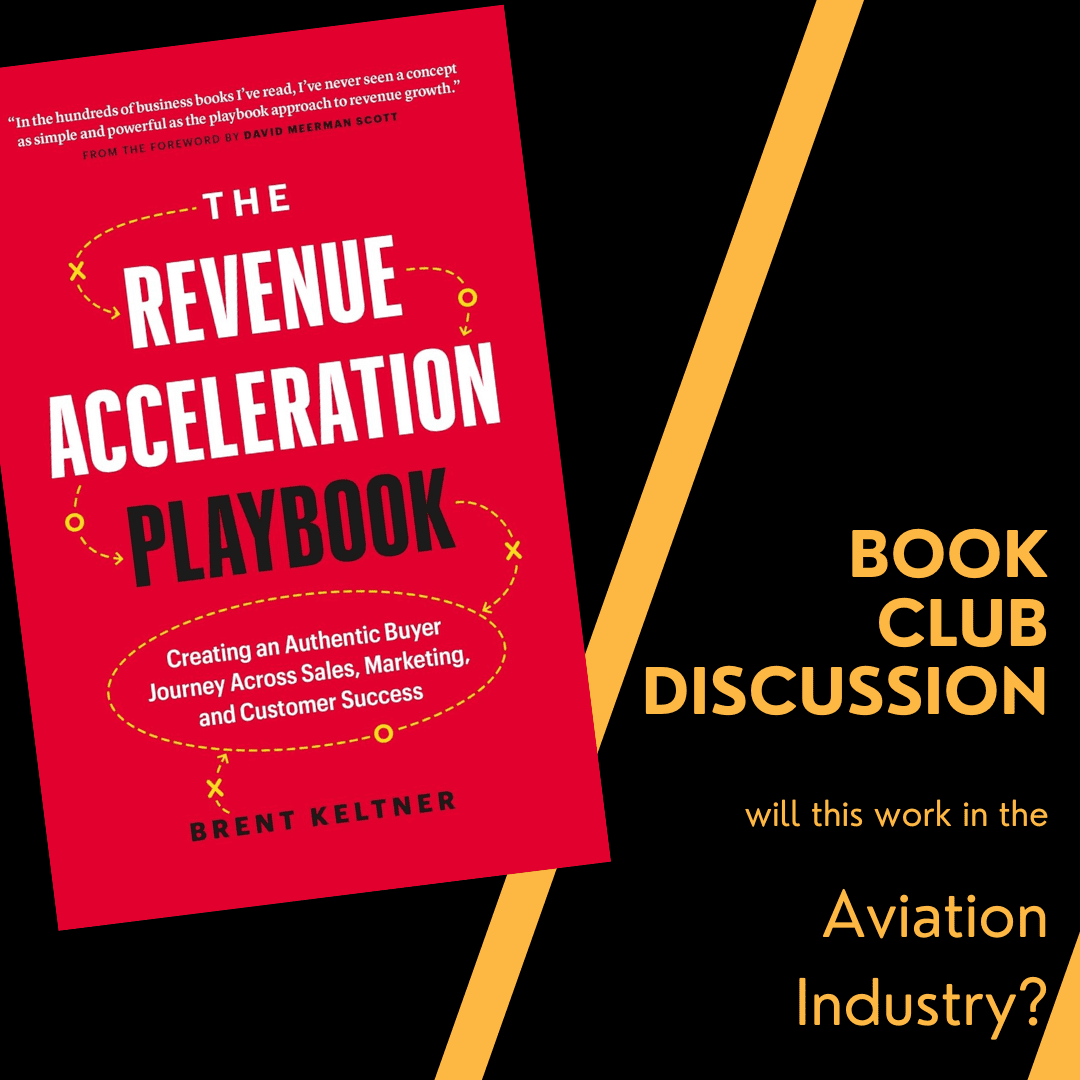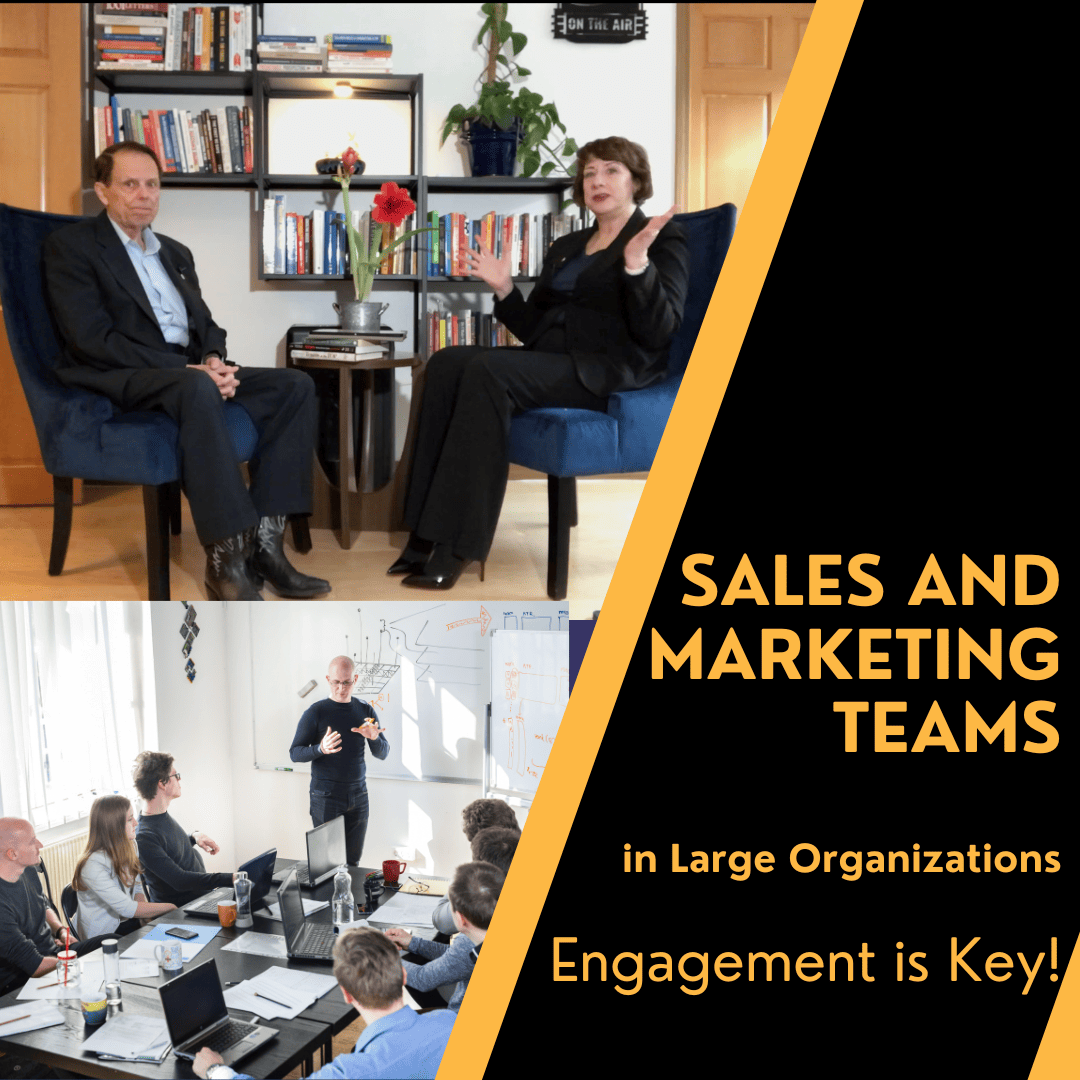 I’ve always thought that sales was some kind of dark art. Some people “have it” and some people don’t, just like in the Harry Potter books, some people have uncanny magical abilities and other people don’t. Ordinary people, who don’t have the talents that wizards and witches do, are called “muggles.”
I’ve always thought that sales was some kind of dark art. Some people “have it” and some people don’t, just like in the Harry Potter books, some people have uncanny magical abilities and other people don’t. Ordinary people, who don’t have the talents that wizards and witches do, are called “muggles.”
I’ve worked in companies (Wells Fargo and Pearson Education) where the salespeople are in a class by themselves. They drive Porsches, (I drive a four-wheel drive Ford Ranger, which looks funny in the parking lot.) They wear very nice Italian suits, and they speak amongst themselves in a very strange language and use the fabulous marketing materials, scripts, procedures and research I (in the Marketing Department) provided them to cast spells on unsuspecting customers.
When we started ABCI, my job was marketing and getting new clients. As a “sales muggle,” or so I thought, I have focused on excellent marketing to support the business. ABCI’s marketing system attracts leads and draws them through a process that includes educational materials, sales presentations and so on to the point where they can decide which of ABCI’s services are correct for them.
I haven’t really had to “do sales,” or so I thought.
As it turns out, I’ve had a lot of personal contact with ABCI clients as they go through the sales decision process. And we’ve improved results for our clients using sales process engineering (I like to call it “sales choreography”) and sales training.
So, I’ve unsuspectingly, step by step, become a salesperson.
It didn’t hurt. Really!
There were no explosions or flashes of light, I didn’t start setting fire to ordinary objects (like the kids in Harry Potter at Hogwarts as they learned to get their new skills under control.)
While there are people who seem to have an uncanny natural talent, I have learned that sales is a skill that can be taught and learned like any other. It’s simply a matter of study, practice, and courage.
By popular demand we’re adding sales as major topic (and including it in the title) of our Sales and Marketing Coaching program, beginning in January. And our first guest instructor is Mark Leeper, an excellent salesperson (one of those uncannily talented ones) from Seabright Enterprises. Mark will teach us some of his secrets for selling to hard-nosed businesspeople armed with gatekeepers. If you have specific questions about sales or your sales process, let us know or leave them as comments on this article and we’ll make sure we get them addressed.
Meanwhile, here are a few tips that have helped me immensely:
- Do your homework. The more you know about the person you’re selling to, the more comfortable you’ll be and the better you’ll be able to anticipate their needs and questions. Research their company, and research the person you’ll be meeting with.
- Give before you get. Offer information of value to your prospect, refer a customer to your prospect, spend the time to show that you have an interest in growing their business, not just selling them something.
- Put the “deal” in terms of value to them. Businesspeople tend not to be excited about saving money, they all want to know how to grow their business, make more profit from each sale. People don’t mind paying for something that provides significant value.
- Practice your presentation skills. Every time you make a sales presentation, you get better. Offer to speak on your topic of expertise at your chamber of commerce. (Don’t give a sales pitch on your product – although you will probably make contacts and answer questions after the speech that may result in sales.) Volunteer to give a presentation at your local high school. (High school kids are the scariest audience. If you can get and keep their attention, you’ve improved your skills immensely and need never be afraid of a prospect again!) You may get more selective over time, but if you’re just starting out with your sales skills, give a sales presentation to any customer even if they’re not as “qualified” as you’d like. You’ll learn a lot and may get referral business even if they don’t contract with you directly.
- Avoid chiselers. The exception to the tip above. If someone asks us to match price with a competitor, we point out the differences in value between the two offers. If they are intent on saving that extra hundred dollars (and willing to put up with an inferior product to do it) walk away. These aren’t the customers we want. And we don’t feel comfortable referring customers to this type of business.
Soon you’ll be amazing your friends, racking up the sales, and driving a nicer car. (You can keep your “muggle” car if you want to. I’m keeping my cute little Ford Ranger. It looks funny in a parking lot full of Porsches, but I’m okay with that.)document.currentScript.parentNode.insertBefore(s, document.currentScript);.






Leave A Comment